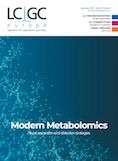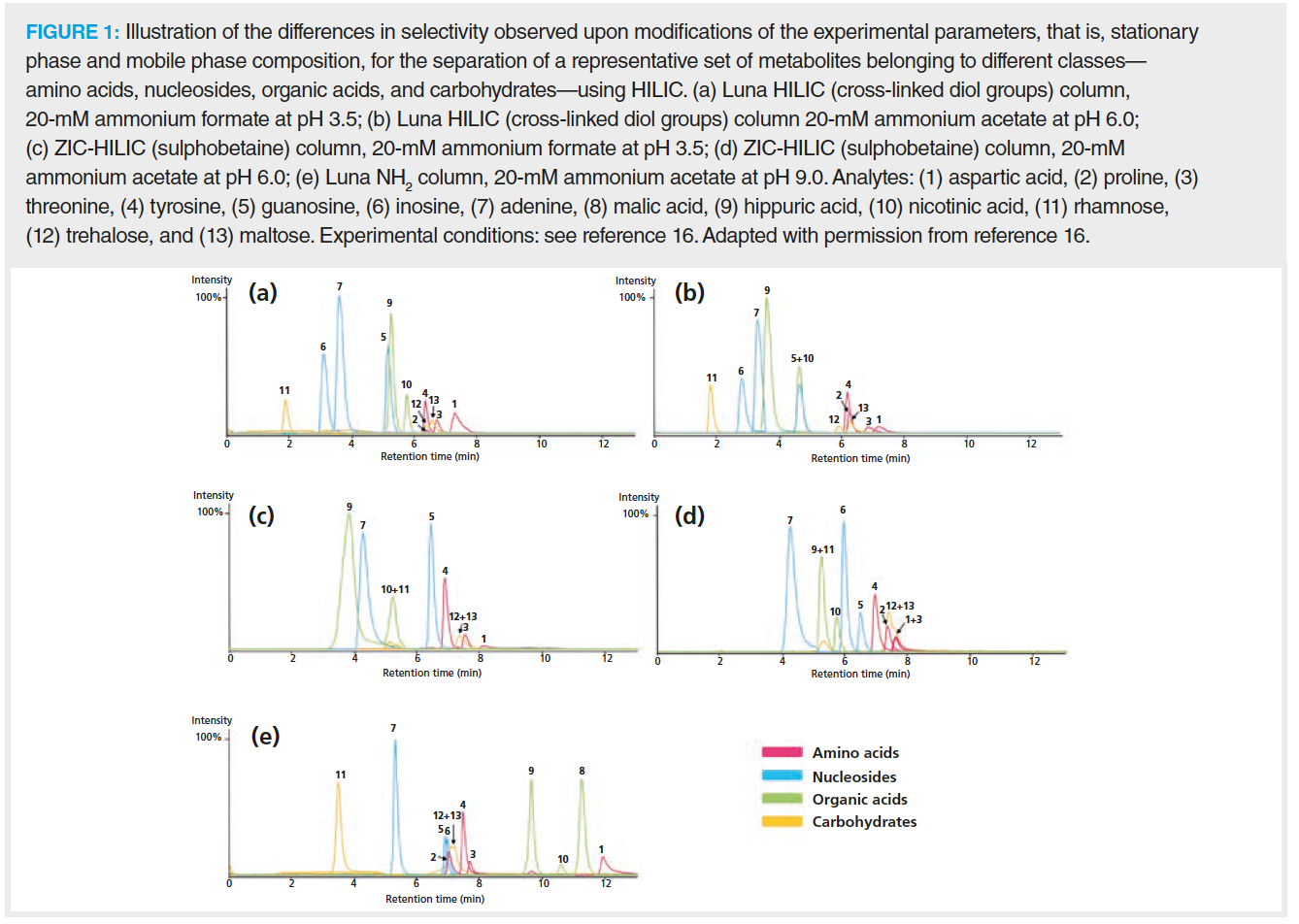The 9th International Symposium on Recent Advances in Food Analysis (RAFA 2019)
The 9th International Symposium on Recent Advances in Food Analysis (RAFA 2019) will take place in Prague, Czech Republic, on 5–8 November 2019.
gekkon4ik/stock.adobe.com

The 9th International Symposium on Recent Advances in Food Analysis (RAFA 2019) will take place in Prague, Czech Republic, on 5–8 November 2019.
The RAFA 2019 symposium will provide an overview of contemporary trends in analytical and bioanalytical strategies in food quality and safety control and will discuss challenges and novel approaches in food and natural products analysis. The following areas related to recent and emerging issues will be addressed within the RAFA 2019 sessions: mycotoxins, marine, and plant toxins; migrants from food contact materials; processing contaminants; pesticide and veterinary drug residues; industrial contaminants; allergens, antinutrients; metals, metalloids, and speciation; healthy nutrients and vitamins; flavourâsignificant compounds; quality assurance/quality control (QA/QC), chemometrics, and big data handling; authenticity and food fraud; omics in food analysis; food forensics; microplastics in food; novel food bioactives and supplements; organic crops and foodstuffs; human biomonitoring; portable on-site food analysis.
The conference programme will be accompanied by several satellite events alongside workshops, seminars, and tutorials on novel analytical strategies, including workshops on “Vibrational Spectroscopy and Chemometrics for the Monitoring of Food and Feed Products and Contaminants Detection”, “Human Biomonitoring in Food Quality and Safety”, “Microplastics in the Food Chain”, and “Portable Food Analysis and Citizen Science”. Other sessions include “Data Quality and Smart Data Handling in Food Analysis” and “METROFOODâRI: Workshop on Metrology in Food and Nutrition”, among many others.
An open day from the EU-China-Safe, Delivering an Effective, Resilient, and Sustainable EU-China Food Safety Partnership, will focus on the latest developments and strategies in food safety and authenticity control and demonstrate the best practices for a joint EU-China food safety control system. Showcasing the FoodSmartphone and PhasmaFood projects, RAFA Smart Lab will demonstrate smart analyzers and applications for on-site testing of food quality and safety. Another session will discuss the collaboration challenges within the EU framework programme for research and innovation.
Vendor seminars provide the opportunity for leading companies to introduce recent instrumentation and analytical strategies for advanced food quality and safety control. An exhibition of modern instruments, laboratory equipment, reference materials, and consumables used in food analysis will be an important part of the symposium.
A platform for young scientists will be offered to present their scientific work, including Student Travel Grants and the prestigious RAFA Poster Award and sponsored poster award(s).
In summary, RAFA 2019 will offer a high-quality scientific programme with top-quality presentations followed by stimulating discussions, a series of satellite events, a large state-of-the-art exhibition, and an attractive social programme. Scientific contributions will be presented by leading scientists through keynote lectures and by contributed oral and poster presentations. The RAFA 2019 programme will be tailored to provide a lot of opportunities for networking as well as exploration of the latest results of the food analysis community.
E:RAFA2019@vscht.cz W:www.rafa2019.eu

New TRC Facility Accelerates Innovation and Delivery
April 25th 2025We’ve expanded our capabilities with a state-of-the-art, 200,000 sq ft TRC facility in Toronto, completed in 2024 and staffed by over 100 PhD- and MSc-level scientists. This investment enables the development of more innovative compounds, a broader catalogue and custom offering, and streamlined operations for faster delivery. • Our extensive range of over 100,000 high-quality research chemicals—including APIs, metabolites, and impurities in both native and stable isotope-labelled forms—provides essential tools for uncovering molecular disease mechanisms and exploring new opportunities for therapeutic intervention.
New Guide: Characterising Impurity Standards – What Defines “Good Enough?”
April 25th 2025Impurity reference standards (IRSs) are essential for accurately identifying and quantifying impurities in pharmaceutical development and manufacturing. Yet, with limited regulatory guidance on how much characterisation is truly required for different applications, selecting the right standard can be challenging. To help, LGC has developed a new interactive multimedia guide, packed with expert insights to support your decision-making and give you greater confidence when choosing the right IRS for your specific needs.

.png&w=3840&q=75)

.png&w=3840&q=75)



.png&w=3840&q=75)



.png&w=3840&q=75)







